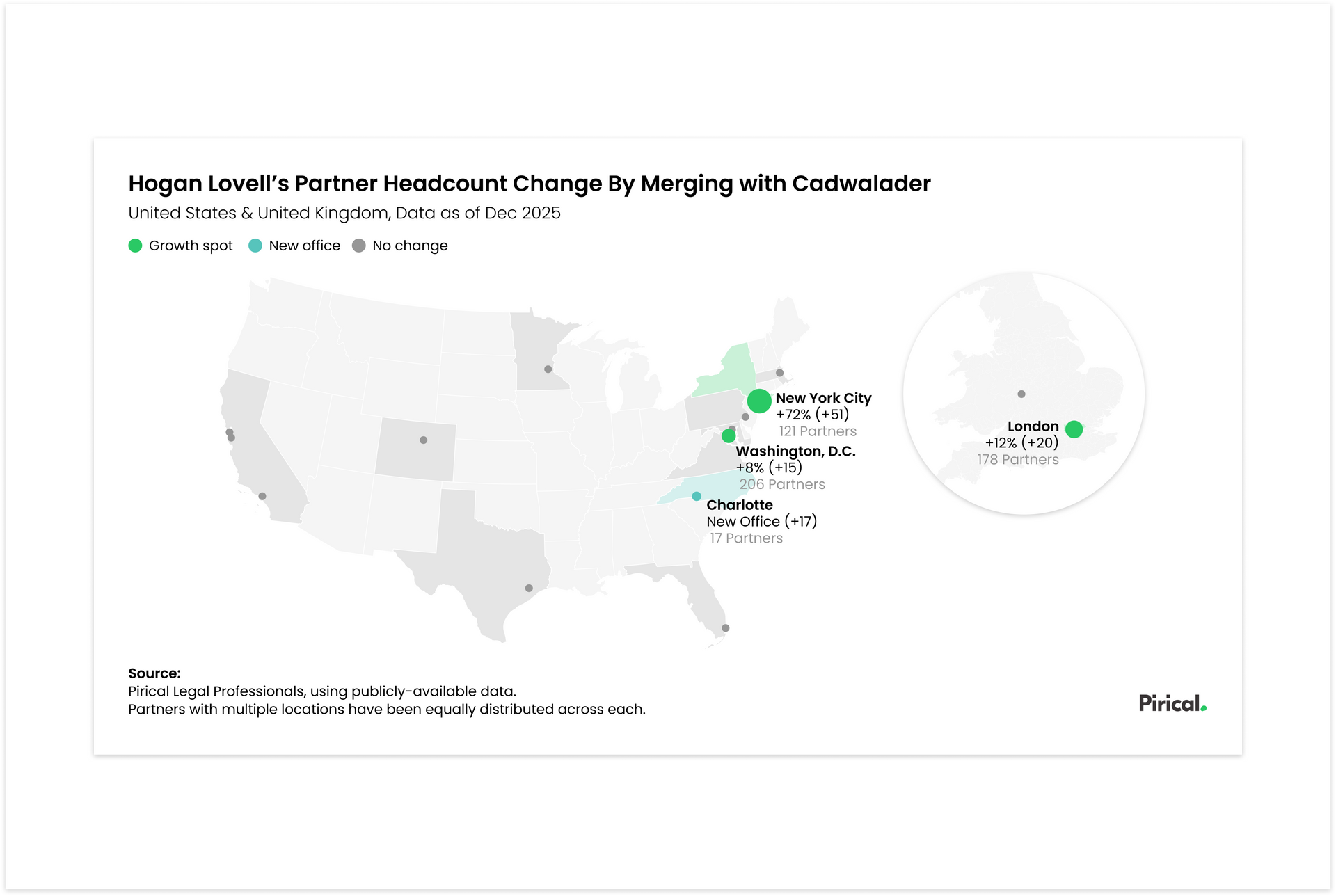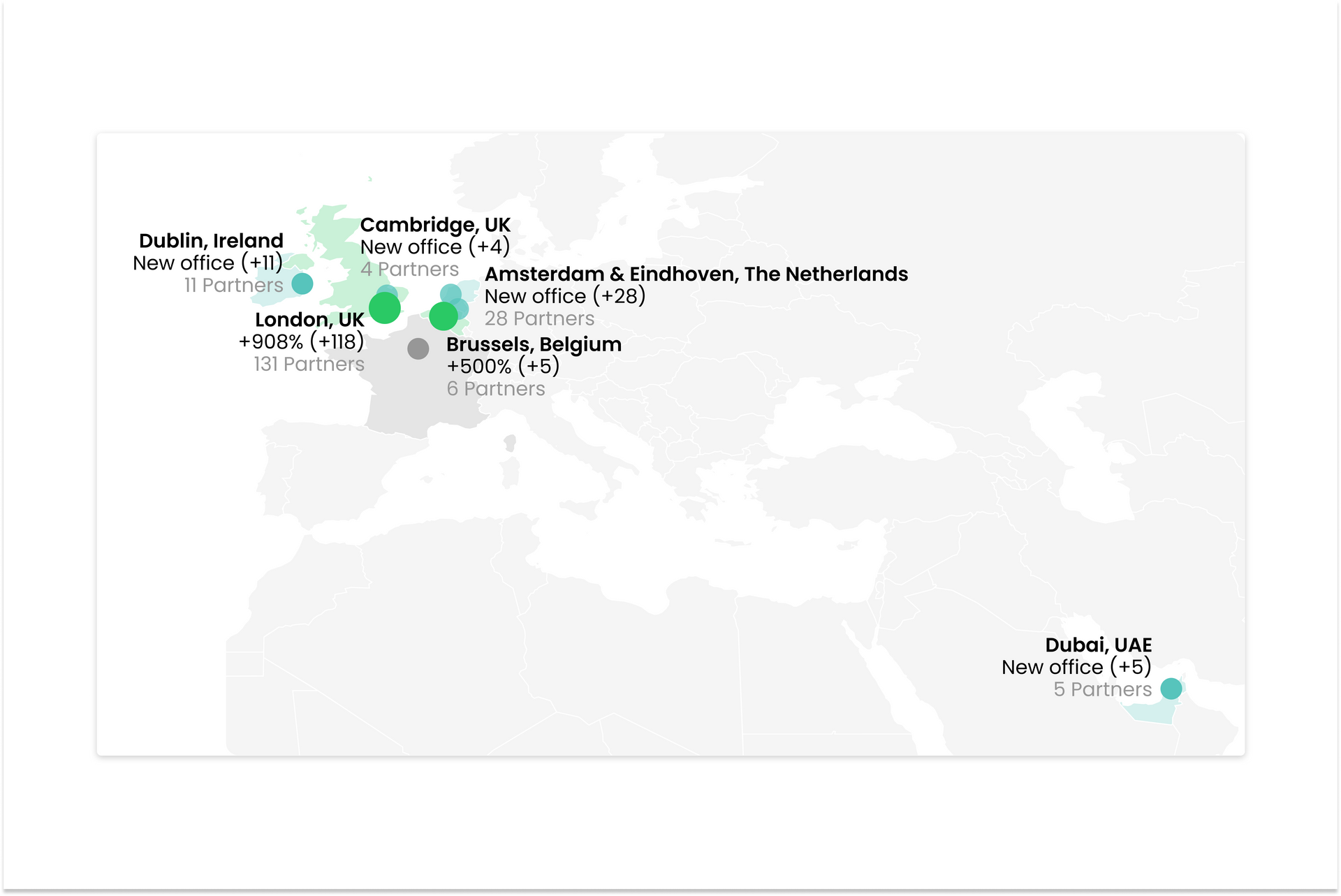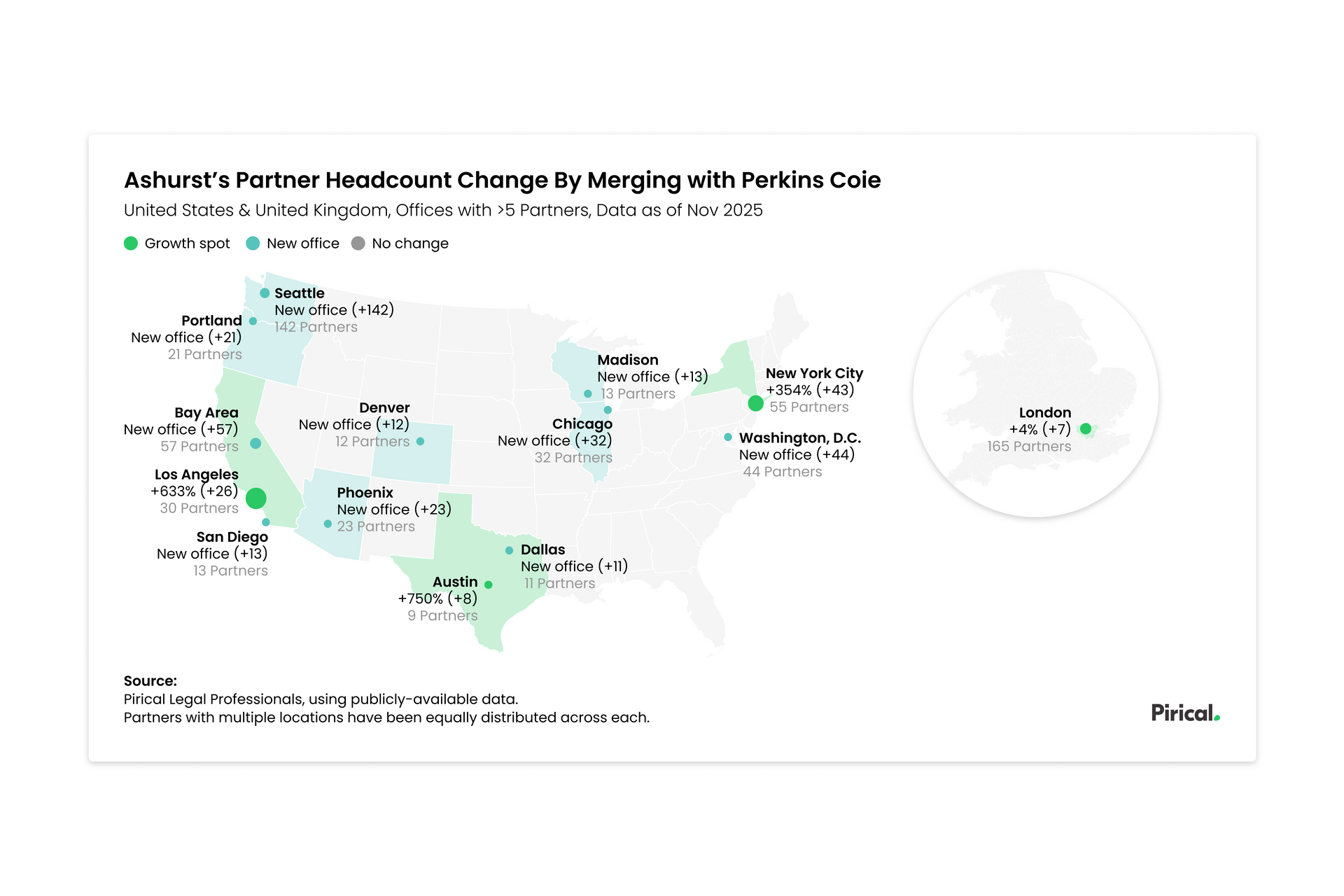Maximise retention in law firms with these Work Life Balance initiatives
We had the opportunity to talk to Sam Walters , director of the London legal division at Robert Walters , a large international recruitment firm.
In our conversation, we cover,
-
the importance of Work Life Balance for lawyers;
-
the most important WLB initiatives;
-
which UK law firm offers the best Work Life Balance to its employees, according to Sam;
and much more.
A massive shift has happened in the last 10 years in how law firms approach the topic of Work Life Balance (WLB).
Traditionally, a lawyer in a big law firm would work 80 hours a week under late night deadlines, he or she would have busy weekends and very demanding clients. And while there are still many profitable firms that operate in these terms, a growing number have started to pay more attention to WLB and begun to challenge the old stereotype of the overstressed and overworked lawyer with one where one's professional and personal life are in balance.
According to Sam, this is due to a “huge societal shift and attitude change” towards better work life practice among professionals. Based on research conducted by Pirical, 30% of cases of a lawyer leaving their employer could have been resolved with WLB measures. “This topic now permeates a lot of the conversations I have with clients,'' Sam says. Some firms still have, as he calls it “a toxic culture of presenteeism” which causes many good lawyers to leave.
What does the research say?
At Pirical, we’ve conducted a study with a very large client which we take the liberty to extrapolate to the legal market at large. The findings were:
-
Working 0.5 to 1.0 days a week from home can boost performance
-
Working >3 days a week from home can hinder performance - people spent their time in the office catching up because they're so disconnected
-
27% of reasons people leave could have been resolved with flexible work
All of this is especially true for the middle-tenured employees, as flexible work has little to no impact for junior staff.
There are several WLB-related measures law firms can implement.
The most successful WLB initiatives Sam has seen
Sam cites Skyscanner as being a company with the most interesting (and successful) WLB initiative he has seen in recent years: They employ people from 35 nationalities and enable their staff to work from their home country for 2.5 weeks per year.
Other examples include law firms ditching classic working schedules to create core business hours of 10-4pm, during which physical presence in the office is required, but around it lawyers are flexible how they deliver an 8 hour day.
And then, of course, there are now plenty of firms offering working from home one day per week.
Sam cites Herbert Smith Freehills as the firm with the best reputation on WLB policies: “They have a harmonious approach whether you’re in Melbourne or London or Hong Kong. They have a fixed Work From Home policy that is consistent across all practice areas and a fantastic shared parental leave policy”.
Working From Home has its pros and cons
One major benefit of allowing lawyers to work from home is that the pool of talent from which to draw from is much larger, often leading to hiring better qualified candidates. In addition, there are productivity gains, such as fewer interruptions and less commuting time. It’s better to have an employee spend two hours working at home than two hours on the train underground with no access to WiFi. There are also savings to be had in office space. If there are fewer employees needed in the office, then the office can be smaller, which saves money on rent.
But working from home also comes with its own downsides. For example, it can be hard to monitor performance, and it can be costly to provide workers with the right technology or equipment to work from home.
We at Pirical have researched what the sweet spot of working from home is and found that somewhere between one and two days a week can boost performance overall. The downsides start prevailing if it’s more than 3 days a week: Time in the office is then mainly used to catch up on things one missed out on - hardly a good use of anyone’s time.
A flexible culture can make a big difference
Even for those that are permitted to work from home, there are still many lawyers who prefer being in the office, both for the opportunities it allows for networking with their fellow workers as well as the general professional environment it creates. “For some, being in the office means being successful at work,” Sam says.
Although many companies have Work Life Balance policies that are the same throughout the entire company, it is also possible that these policies can differ between different departments or teams. As an example, if the corporate team and accounting team have to communicate regularly and find it easier to do so while in the office, then for these departments, there may be a policy where they must be in the office to work. However, even within the same firm, there may be other teams that are permitted to work from home sometimes.
“If you look at all the “Great Place to Work” surveys that take part, the easiest thing a company can do is to ask their staff to know what’s important, what they actually want,” Sam recommends.
It’s important to keep adapting your policies and to keep them optional. The more freedom you give to people and the more you treat them like adults, the better. People will return that kind of grown up attitude and will treat work more as a partnership, which will ultimately lead to better results.
You can get Sam Walters contact info on his LinkedIn profile and find out more about Robert Walters at robertwalters.co.uk/legal.html
Subscribe to the latest data insights & blog updates
Fresh, original content for Law Firms and Legal Recruiters interested in data, diversity & inclusion, legal market insights, recruitment, and legal practice management.







